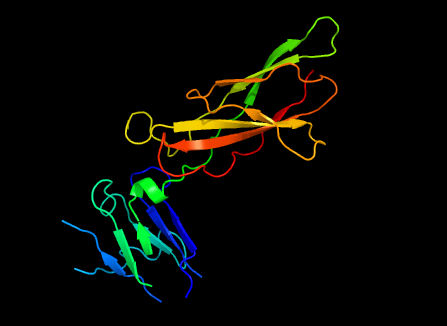Epigenetics Research

The Laboratory of Genetics and Epigenetics of Aging and Longevity is breaking new ground in understanding age-related disease. By utilizing a combination of basic genetics, genomics, epigenomic and bioinformatics tools, scientists are performing novel and state-of-the-art analyses that is enhancing our understanding of the aging process and the role of genetics and epigenetics in disease, aging, and longevity.
Project Contact
Project Links
Laboratory of Genetics and Epigenetics of Aging and Longevity
Read more about a genetic mutation found in Askenazi males and identified as a marker of longevity. A collaborative study study led by Prof. Gil Atzmon
The Project
The rapid graying of the population and the corresponding increase in age-related diseases is a major global public health issue. Biological aging is associated with loss of robustness in biological systems, and is accompanied by increased incidence of chronic diseases: cardiovascular disease, dementia, diabetes, cancer, and diminished quality of life. This trend will place a tremendous burden on Israel’s – and global – healthcare systems.
The Laboratory of Genetics and Epigenetics of Aging and Longevity, under the direction of Dr. Gil Atzmon, is using advanced bioinformatics tools to uncover the secrets to longevity. In a major study, the lab examined the genetic markers and age-related pathogenic mutations of centenarians and comparing them to the genetic composition of seniors in their 70’s. Results from the study have helped scientists gain a deeper understanding of the entire genome sequence. They are using that knowledge to improve our ability to assess the risks for age-related diseases and promote healthy aging and longevity.
Credit: University of Haifa Archives
